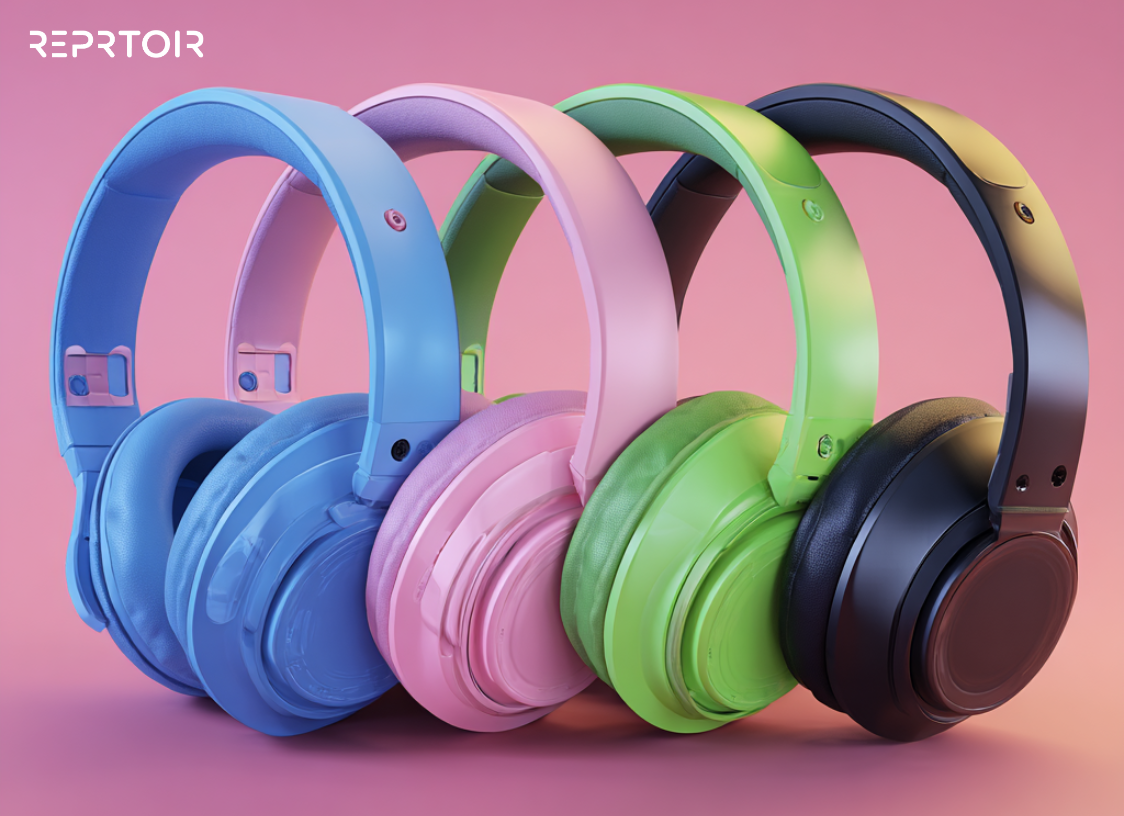Even though many of us were at conferences this week, we still got some pretty interesting things to report on on this beautiful Friday. So let’s dive in together and for those of you who are just getting back from conference mode, have a restful weekend!
#1. We are now generating millions of tracks a week
AI music platform Udio is generating an astonishing ten tracks per second, amounting to over six million tracks weekly. AI-generated music keeps raising significant issues for the music industry, particularly regarding its impact on streaming services, royalty distribution, and copyright infringement (maybe most of all).
As the volume of AI-created music grows, concerns about the resemblance of these tracks to works by established artists and their competition for listener attention arise. The industry is grappling with the need for technology to fingerprint and license copyrighted materials fed into AI models. Amidst legal battles over AI's use of copyrighted content, some industry giants like Universal Music Group are also exploring collaborative approaches with AI platforms to balance innovation and rights protection.
#2. A few new features on Apple Music
Apple Music has introduced a new suite of analytics tools for labels and distributors, including a Shazam Radio Spins Chart. These tools offer access to over 4,500 charts across 60 genres and 270 regions, tracking real-time listener counts and the impact of marketing campaigns.
Apple claims to enhance promotional efforts and provide deeper insights into music performance with these new features. Additionally, Apple Music has increased royalty rates for Spatial Audio tracks and continues to combat streaming fraud with daily reports and penalties for offenders, reducing fraudulent activity by 30% in six months.
#3. The implication of Tech giants in Music’s AI tools
This week at Google's I/O developer conference, Google DeepMind and YouTube unveiled their 'Music AI Sandbox,' a suite of AI tools designed to assist musicians in creating music. The tools, showcased through collaborations with artists, use text prompts to generate music, offering features such as specifying unwanted sounds, inputting lyrics, and extending compositions.
Positioned as an aid rather than a replacement for human creativity, the Music AI Sandbox aims to enhance the songwriting and production process. While the tool raises questions about training data and potential competition with licensed music for video creators, its development, supported by partnerships like YouTube’s collaboration with Universal Music Group, suggests a cautious approach to licensing and copyright issues.
Additionally, Google's broader AI advancements, such as the text-to-video AI 'Veo,' indicate a significant shift in digital content creation and search optimization.
#4. The future of Music consumption
Let’s settle now for a bit, talking about how music consumption promises to evolve through some insights here. First things first, streaming remains dominant, with Gen Z leading the way and platforms like TikTok driving music discovery. The democratization of music creation is evident through the rise of DIY production and home studios, enabling independent artists to thrive without traditional labels. Meaning that platforms such as TikTok remain vital for artists' discovery.
Then, technological advancements are making music education more accessible, with AI and hybrid instruments playing a significant role. Future trends surely include hyper-personalization of streaming experiences through AI, immersive VR and AR live performances, and the use of AI-generated music, exemplified by platforms helping on music creation.
Without a doubt, these developments are reshaping how we listen to, create, and connect through music, and at a rapid pace.
#5. Discussions on the future of creation
At Music Matters 2024, AI's role in the future of creativity was a central theme. Just as it was at Music Biz and other conferences this week. But we’ll tell you more about that later on. Over in Singapore, speakers emphasized AI's potential to transform creative industries by automating repetitive tasks, allowing musicians to focus more on their art. The importance of leveraging AI without over-relying on it was stressed, with a focus on building unique brands for long-term success.
But we’ve also got discussions that also covered AI's potential abuse, the value of direct fan engagement through subscription models, and the rise of virtual influencers, indicating a shift towards augmented rather than replaced human creativity in the music industry. Find a report here by MusicTech.











